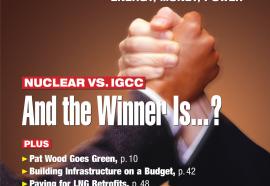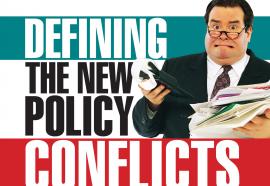PURPA Redirected
The latest ‘incremental’ policy changes might realign utility financial incentives.
Back in 1978, Congress passed an energy bill, the National Energy Act, including an obscure provision that seemed like an incremental tweak to U.S. energy policy. But eventually, that incremental tweak—the Public Utility Regulatory Policies Act (PURPA)—smashed through the gates of the vertically integrated utility construct. PURPA introduced competition into wholesale power markets in a way that fundamentally changed the U.S. utility industry.











